The Best Companion Plants For Rosemary
The Best Companion Plants for Rosemary
Rosemary is a popular herb that is known for its strong, aromatic flavor. It is also a hardy plant that can be grown in a variety of climates. However, rosemary can benefit from having companion plants nearby. Companion planting is the practice of planting certain plants together to improve their growth and health. By planting the right companion plants near your rosemary, you can help to repel pests, improve the soil quality, and boost the flavor of your rosemary.
Here are some of the best companion plants for rosemary:
- Lavender: Lavender is another Mediterranean herb that is known for its insect-repelling properties. Planting lavender near your rosemary can help to keep pests away from both plants. Lavender also has a sweet, floral scent that can help to mask the strong scent of rosemary.
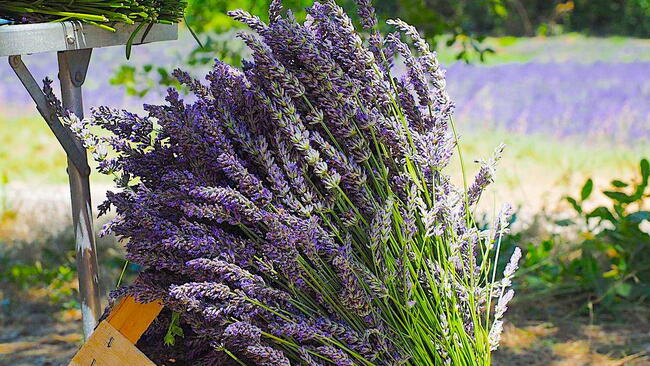
- Thyme: Thyme is another herb that is a good companion for rosemary. Thyme has a similar scent to rosemary, and it can help to repel pests and improve the flavor of rosemary. Thyme is also a good ground cover plant, which can help to keep the soil around your rosemary moist and weed-free.
- Oregano: Oregano is a hardy herb that is also resistant to many pests and diseases. Planting oregano near your rosemary can help to protect both plants from insect attacks. Oregano also has a strong, savory flavor that can complement the flavor of rosemary.
- Marjoram: Marjoram has a delicate flavor that complements the stronger flavor of rosemary. It is also a good pest repellent and can help protect rosemary from insect attacks. Marjoram is a good choice for companion planting if you want to add some variety to your herb garden.

- Beans: Beans are nitrogen-fixing plants that can help improve the soil quality for rosemary. Plus, the strong scent of rosemary can help deter bean beetles. Beans are a good choice for companion planting if you want to help your rosemary grow better.
-(2).jpg)
- Carrots: Carrots and rosemary grow well together and can help repel each other's pests. Carrots can also help loosen the soil around the rosemary roots, making it easier for the plant to absorb water and nutrients. Carrots are a good choice for companion planting if you want to improve the health of your rosemary plants.
- Cabbage: Cabbage and rosemary are good companions because they have different soil requirements. Rosemary prefers well-draining, slightly alkaline soil, while cabbage likes soil that is more acidic. Planting these two plants together can help to balance the pH of the soil and improve the growth of both plants.
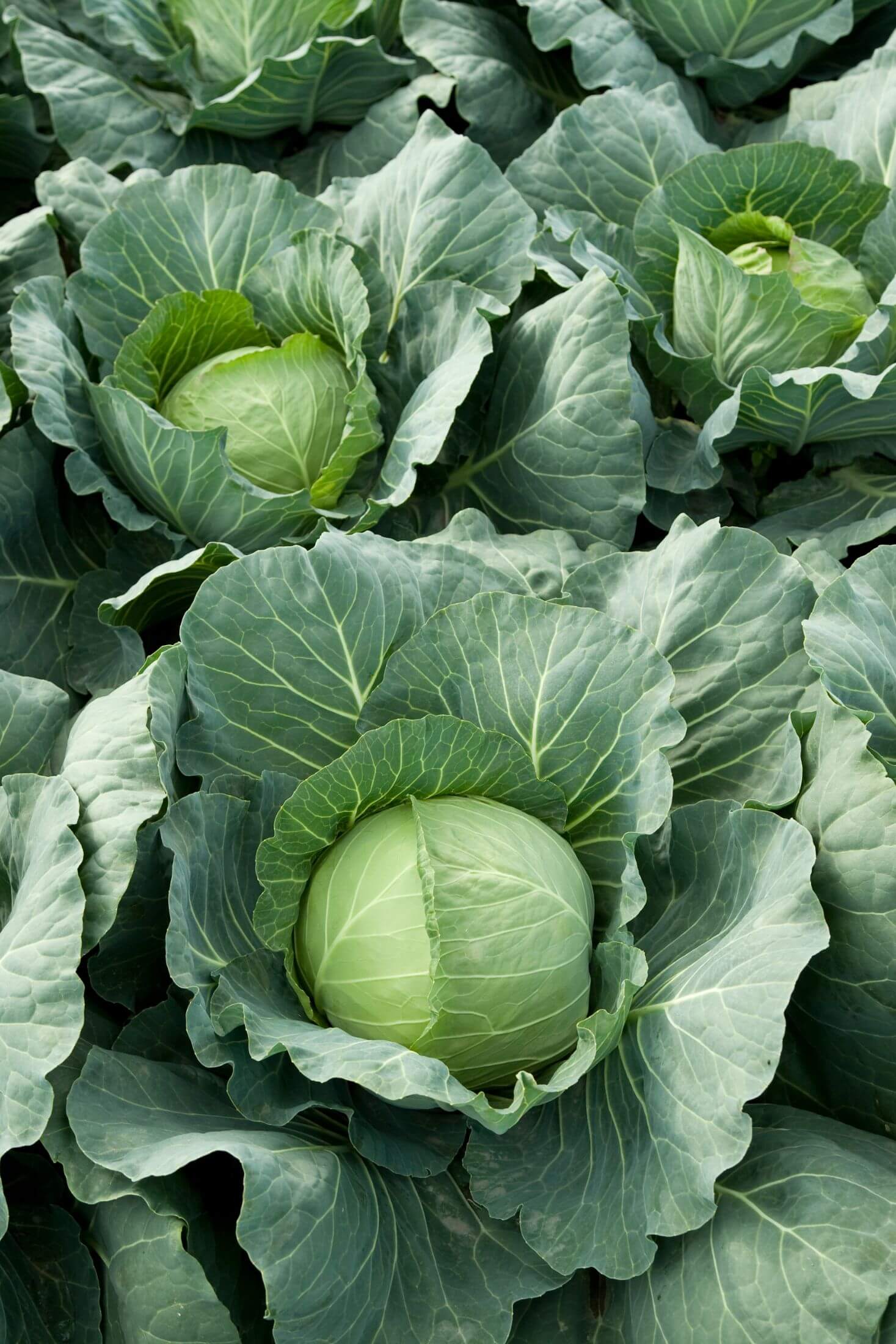
- Tomatoes: Rosemary is believed to improve the flavor and growth of tomatoes and also repel pests that may harm the tomato plant, such as the tomato hornworm. Tomatoes are a good choice for companion planting if you want to improve the flavor of your tomatoes and protect them from pests.
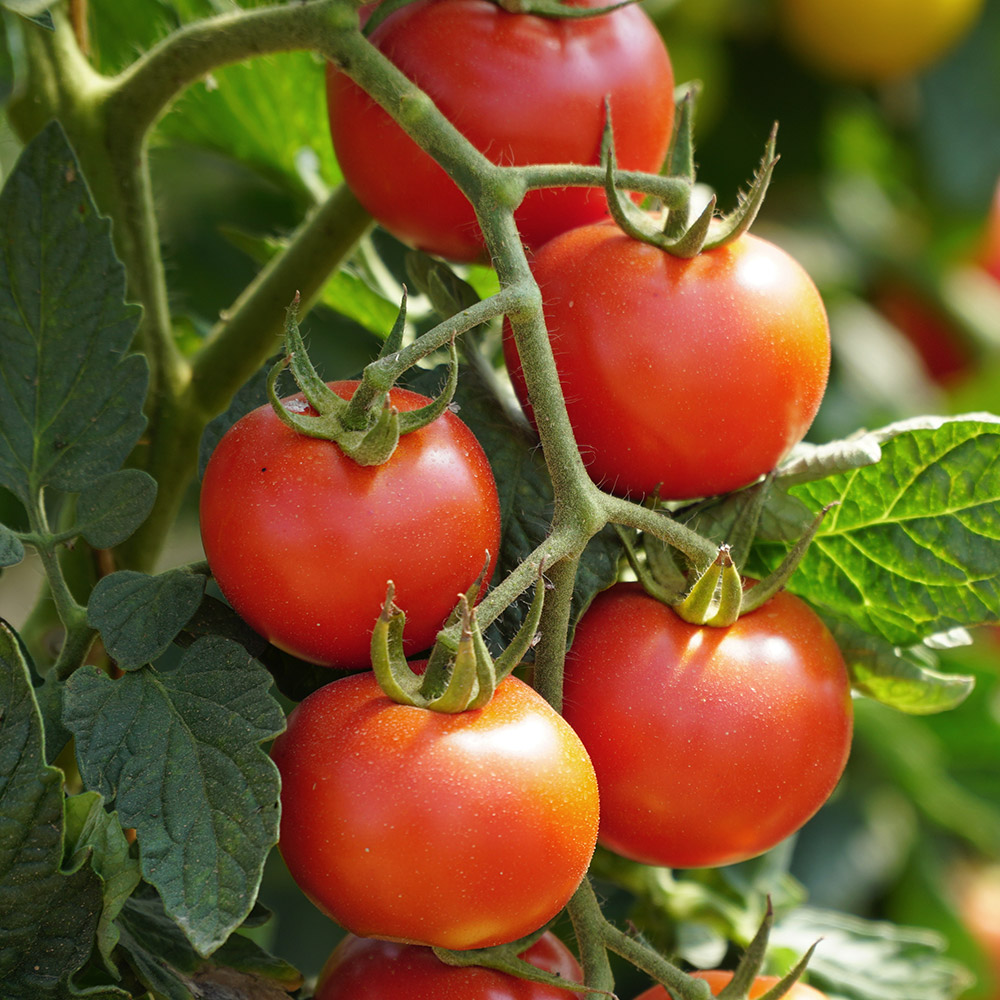
Rosemary is a versatile herb that can be used in a variety of dishes, but it's also a great companion plant for other herbs and vegetables. When planted together, rosemary can help to repel pests, attract pollinators, and improve the flavor of neighboring plants.
Some of the best companion plants for rosemary include:
- Lavender: Lavender and rosemary are both Mediterranean herbs that grow well in similar conditions. They also have a complementary flavor, so they can be used together in cooking.
- Tomatoes: Rosemary can help to deter tomato hornworms, a common pest of tomatoes. It can also improve the flavor of tomatoes by attracting pollinators.
- Carrots: Rosemary can help to improve the flavor of carrots by deterring carrot flies.
- Beans: Rosemary can help to improve the growth of beans by attracting nitrogen-fixing bacteria.
If you're looking for more information about rosemary companion plants, I recommend visiting Gardenia Inspiration. This website has a comprehensive list of companion plants for rosemary, as well as information on the benefits of planting these plants together.
FAQ of rosemary companion plants
Q: What are the best companion plants for rosemary?
A: Rosemary is a Mediterranean herb that prefers full sun and well-drained soil. Some of the best companion plants for rosemary include:
- Lavender: Lavender and rosemary are both Mediterranean herbs that grow well in similar conditions. They also help to repel pests and attract pollinators.

- Chives: Chives are a good companion plant for rosemary because they help to deter pests such as aphids and spider mites. They also add a touch of flavor to rosemary dishes.
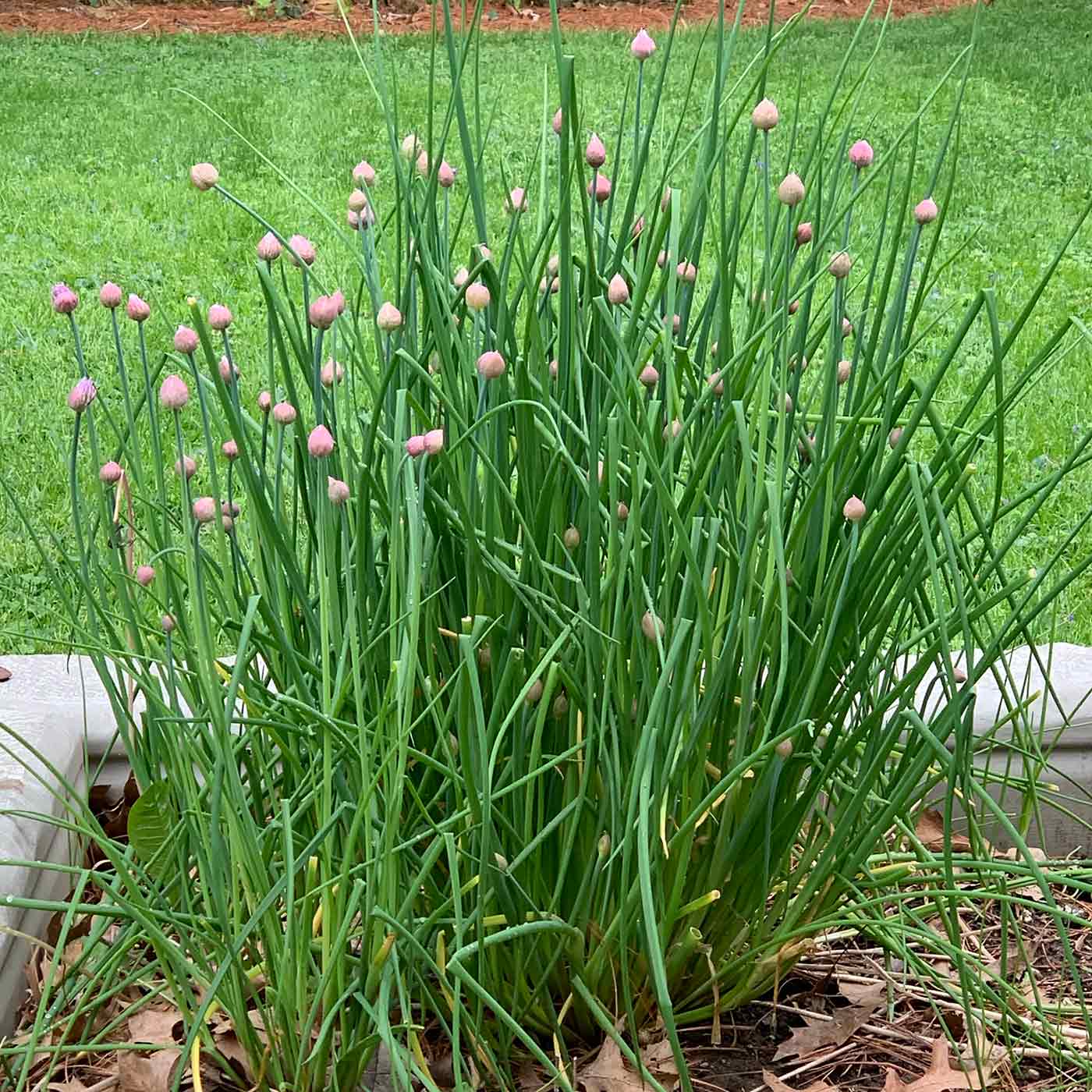
- Sage: Sage and rosemary are both members of the mint family, and they grow well together. They also help to repel pests and attract pollinators.

- Thyme: Thyme and rosemary are both aromatic herbs that can be used in cooking. They also help to repel pests and attract pollinators.
- Bee balm: Bee balm is a flowering plant that attracts pollinators, which can help to improve the pollination of your rosemary plants.
Q: What are some plants that should not be planted near rosemary?
A: There are a few plants that should not be planted near rosemary, as they can compete for water and nutrients. These plants include:
- Cabbage: Cabbage is a heavy feeder, and it can take up a lot of water and nutrients from the soil.

- Onions: Onions have a strong odor that can stunt the growth of rosemary plants.

- Garlic: Garlic has a strong odor that can stunt the growth of rosemary plants.
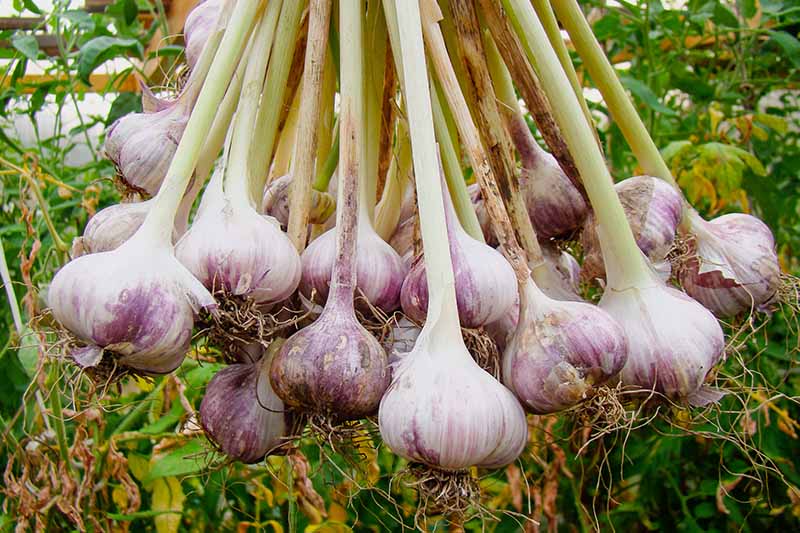
- Tomatoes: Tomatoes are susceptible to a fungus called verticillium wilt, which can also affect rosemary plants.

Q: What are the benefits of planting companion plants with rosemary?
A: There are several benefits to planting companion plants with rosemary. Companion plants can help to:
- Attract pollinators: Pollinators such as bees and butterflies are essential for the pollination of rosemary plants. Companion plants that attract pollinators can help to improve the pollination of your rosemary plants, which can lead to a higher yield of flowers and seeds.
- Deter pests: Some companion plants can help to deter pests from rosemary plants. For example, lavender and chives can help to repel aphids and spider mites.
- Improve soil quality: Some companion plants can help to improve the soil quality around rosemary plants. For example, bee balm and clover can help to add nitrogen to the soil.
- Create a more attractive garden: Companion plants can help to create a more attractive garden by adding variety and color. For example, lavender and sage are both attractive flowering plants that can be used to border a rosemary bed.
Q: How far apart should rosemary companion plants be planted?
A: The distance at which companion plants should be planted from rosemary plants depends on the size of the plants. In general, you should plant companion plants at least 12 inches away from rosemary plants. However, if you are planting larger companion plants, such as lavender, you may need to plant them further away.
Q: How do I care for rosemary companion plants?
The care requirements for rosemary companion plants vary depending on the type of plant. However, in general, most companion plants for rosemary prefer full sun and well-drained soil. You should also water companion plants regularly, especially during hot, dry weather.
Image of rosemary companion plants
- Lavender: Lavender and rosemary are both Mediterranean herbs that grow well in similar conditions. They also help to repel pests, making them good companion plants for each other.

- Chives: Chives are another herb that grows well in the same conditions as rosemary. They also help to repel pests, and their flowers are edible.
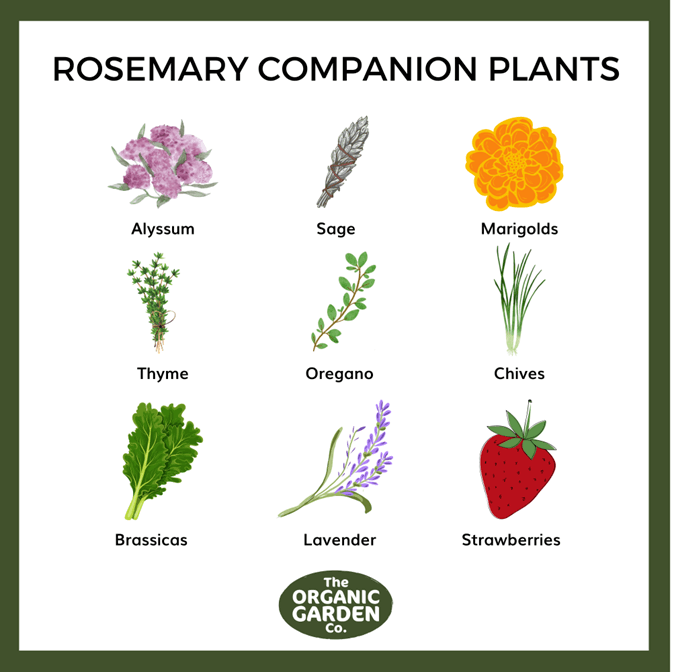
- Sage: Sage is a good companion plant for rosemary because it helps to attract pollinators. It also helps to deter pests, and its leaves can be used in cooking.
- Thyme: Thyme is a good companion plant for rosemary because it helps to repel pests. It also has a similar growth habit, so it can be planted in the same bed as rosemary.

- Bee Balm: Bee balm is a good companion plant for rosemary because it attracts pollinators. It also has a similar growth habit, so it can be planted in the same bed as rosemary.

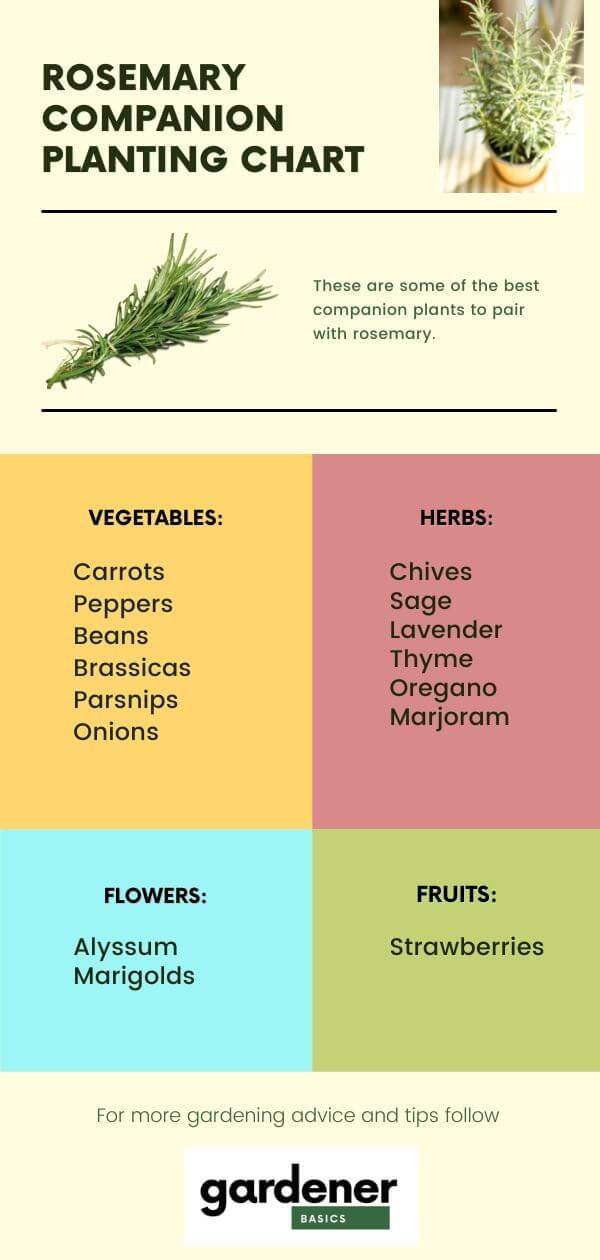
Post a Comment for "The Best Companion Plants For Rosemary"